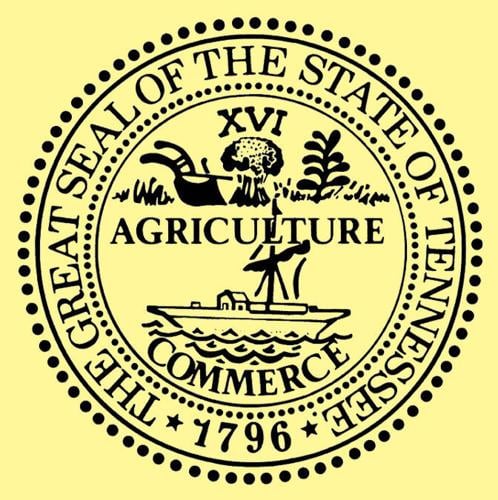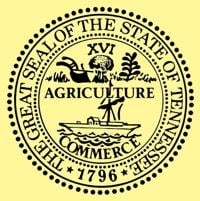In the years since the Tennessee Public Records Act was enacted in 1957, there have been bills filed annually in the state General Assembly to make changes to the law.
This year is no exception.
Deborah Fisher, executive director of the Tennessee Coalition for Open Government, is keeping an eye on a number of bills filed this year to amend or exempt portions of the public records law and the the Tennessee Open Meetings Act, which is also known as the Sunshine Law.
In the past few years, Fisher said she has been encouraged to see an effort by state lawmakers to broaden public comment at government meetings.
“There’s definitely a segment of this legislature who are very interested in making sure that the people’s voices, the people in their local communities, are heard,” Fisher said. “In terms of public records, it’s much more difficult.”
Fisher said she doesn’t see as many “champions” in the General Assembly for public records. Instead, she has seen a recent trend in state government of asking for exceptions to be made the public records law. Those requests have come from state agencies and members of the governor’s cabinet who are seeking specific exemptions.
“There are some bills out there that are seeking to close down certain types of records,” Fisher said. “Not everybody will be interested in these particular records, but there are definitely public records.”
One such bill aims to keep information on the names of applicants and finalists for the job of executive director of he Tennessee Higher Commission confidential.
Fisher said there are bills that she and other advocates for open records are concerned about this year that seek to limit access to police records, even records that are no longer part of an active investigation.
One in particular is HB49/SB245, which is being push by the District Attorneys General Conference that looks to create an exception in the public records law.
“It looks like it’s aimed at creating a law enforcement investigatory privilege, which would allow them to keep more information confidential about crime,” she said. “So we are definitely concerned about that bill and how it will impact the ability of the public to know more about our law enforcement and justice system.”
Fisher said a bill has already passed both houses of the General Assembly this year that creates a “very broad exemption” to the immigration division of state Department of safety and Homeland Security for emails, records and directives it receives from the federal government and from local governments regarding immigration enforcement.
Lawmakers are also considering legislation this year to expand on public comment allowed at local government meetings. State Rep. Elaine Davis, R-Knoxville, is sponsoring HB22/178, which expands a law she passed a few years ago to require local governing bodies to provide a specified time for public comments on agenda items being considered by those boards at that particular meeting.
The bill amends current law to allow public comment on “any matter tat is germane to the jurisdiction of the governing body, regardless of whether such matter is an item on the agenda for the meeting.”
One bill that TCOG is pushing for passage this year is one sponsored by state Sen. Todd Gardenhire. R-Chattanooga. and state Rep. Chris Todd, R-Jackson.
SB0212/HB08885 expands an existing requirement that state and local governing bodies make an agenda available to the public prior to regular public meetings.
The provision would include the governing bodies of certain nonprofit organizations, including nonprofit community organizations that receive federal funding, nonprofit organizations that receive community grant funds from this state or certain funding from local governments.
“If this bill passes, this would be expanding it to industrial development boards, to election commissions, to school boards and public utility boards,” Fisher said. “What that would mean is those governing bodies will have to have an agenda and they have to make it available to the public at least 48 hours before the meeting.”

















